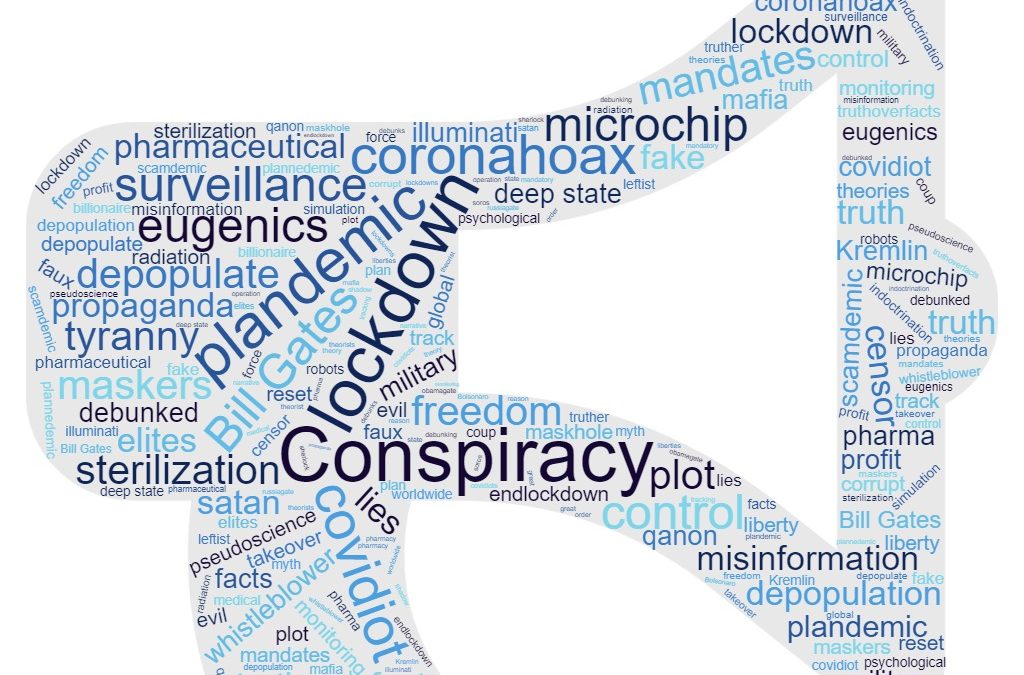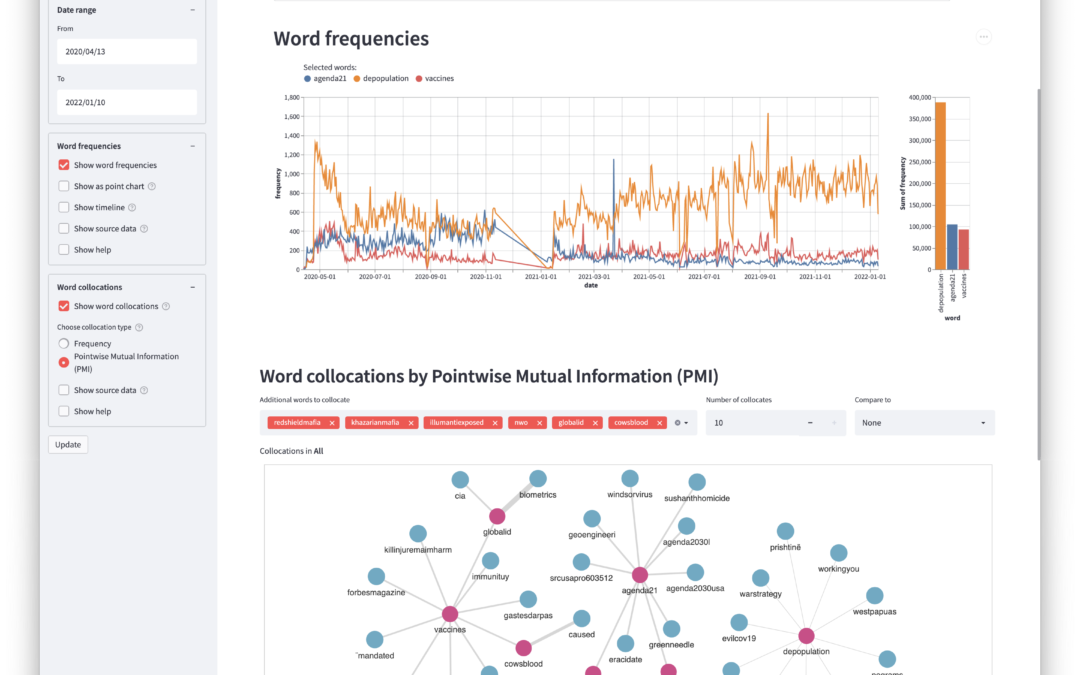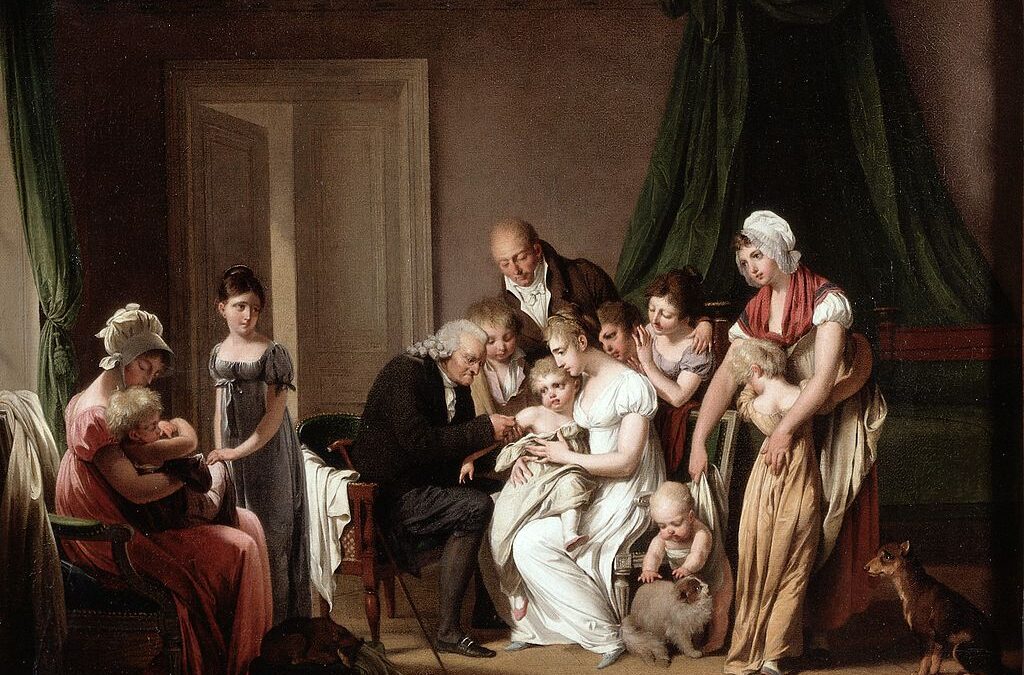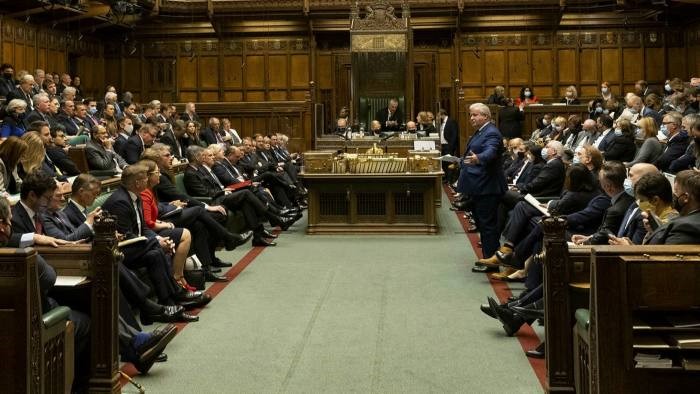
Dealing with Disinformation and Conspiracy in the UK
The threat posed to society by disinformation in the age of social media is rapidly becoming a primary concern for policymakers. NATO allies are struggling to find ways to effectively resist state-backed Russian disinformation campaigns in eastern Europe, as tensions...

Digital Humanities Research at the Heart of the Project
Even as we speak, our project’s digital humanities experts are adding the finishing touches to nearly two years’ worth of work. They are tweaking and reworking the scripts for the last time, running the data through the classifiers, and working hard to render their...

The Victorian Anti-Vaccination Movement
During the current pandemic, various rumours and conspiracy theories have emerged about covid vaccines. Opponents of vaccination claim that vaccines are unsafe, or that they alter your DNA. At the more exotic end, some believe that vaccines contain a tracking...

Politicising the plague
© Roger Harris/UK Parliament. Like everything else, public health measures have become politicised during the Covid-19 pandemic. Broadly speaking, those on the left tend to support lockdowns and mask-wearing, while those on the right worry more about the impact of...

Fake News about Cures… for the Plague
Treatments and cures are one of the most abundant subjects of misinformation about the Covid-19 pandemic. Virtually every substance known to humanity has been proposed as a cure or preventative medicine at some point in the last few years. Some of these ‘cures’ have...

Rumour and Vaccines
In the history of psychological warfare, so called Psy-warriors have long recognised the potency of health as a subject for disinformation campaigns. It’s understandable. Most of us worry about our health. ‘Dr Google’ has become a phenomenon. 7% of all daily google...
